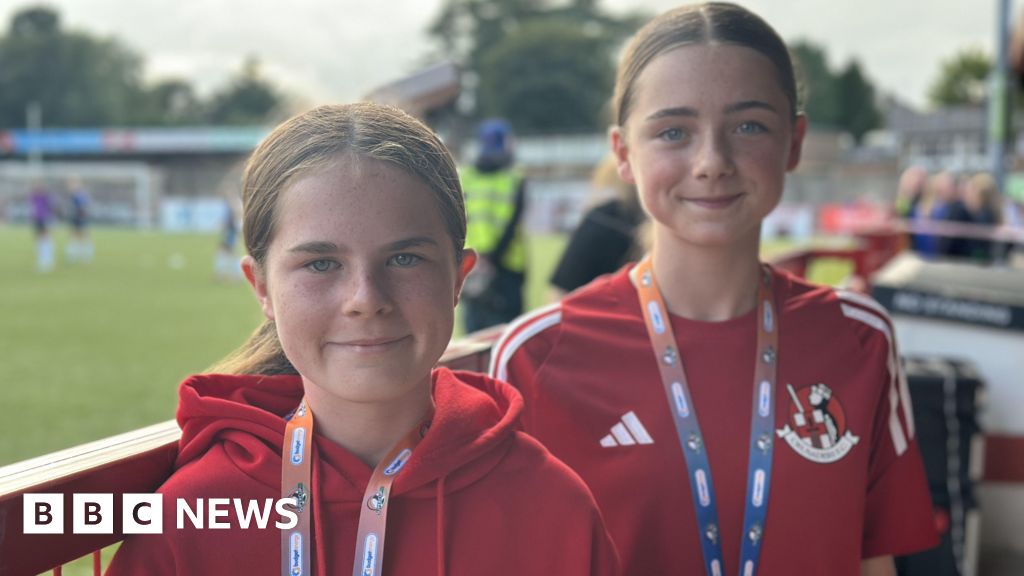The SuperCup NI, a storied international youth football tournament, is witnessing a transformative shift with the burgeoning prominence of its girls’ competition. Now in its 42nd iteration, the inclusion of a dedicated girls’ tournament just four years ago marks a pivotal moment, underscoring the rapid evolution and growing recognition of female talent within the sport. This expansion is not merely symbolic; it reflects a profound change in perception and opportunity for young female athletes globally.
Participants like Lexi, a dynamic player whose team has advanced significantly, attest to the rigorous development fostered by such high-level competition. She notes a distinct improvement in her team’s speed and strategic thinking, directly attributing this progress to the intense exposure to diverse playing styles and formidable international opponents. This invaluable experience is sculpting more astute and adaptable footballers, challenging them to elevate their game continuously.
Echoing Lexi’s sentiments, teammate Ami forcefully advocates for the equal skill level of girls in football, challenging any preconceived notions about gender-based disparities in athletic prowess. Her assertion highlights a crucial narrative that defies traditional stereotypes, proving on the pitch that dedication and talent know no gender. Such statements from the players themselves reinforce the message that girls are not just participating, but excelling.
The visible surge in female involvement is undeniable, with Ami observing a “huge difference” in the SuperCup NI from the previous year, noting that “the leagues are filled” with more girls. This dramatic increase in numbers signifies a burgeoning grassroots movement, fuelled by enhanced support from parents and communities. The growing participation rates signal a healthy and expanding ecosystem for girls’ football.
Experienced coaches like Paddy McDaid, who leads the under-16s Finn Harps team, provide a veteran’s perspective on this remarkable growth. Having coached girls for two decades, McDaid describes the evolution of the girls’ game over the past four to five years as “unbelievable,” noting its expansion across Northern Ireland, the Republic of Ireland, England, Scotland, and Wales. His long-term view underscores the profound, sustained progress in female football.
The tournament also serves as a critical platform for individual talent to shine, exemplified by players like Nazaraei Forbes from Brighton and Hove Albion, whose team has reached the Junior tournament final. Their journey through such a prestigious competition not only provides invaluable match experience but also showcases the high caliber of play present in the girls’ divisions, inspiring others to pursue similar paths.
Beyond the sporting arena, the SuperCup NI contributes significantly to the local economy and community spirit. The influx of thousands of visitors—players, coaches, and families—has provided a substantial boost to the hospitality and tourism sectors within the borough. This economic ripple effect, coupled with the overt promotion and support for women’s sport, demonstrates the tournament’s multifaceted positive impact.
Collectively, these elements paint a vivid picture of a sport confidently moving towards greater inclusivity and recognition for its female athletes. The SuperCup NI’s girls’ tournament is more than just a competition; it is a powerful statement about equality, talent, and the bright future of women’s football on a global scale. This momentum promises continued growth and unprecedented opportunities for aspiring young female footballers worldwide.






Leave a Reply